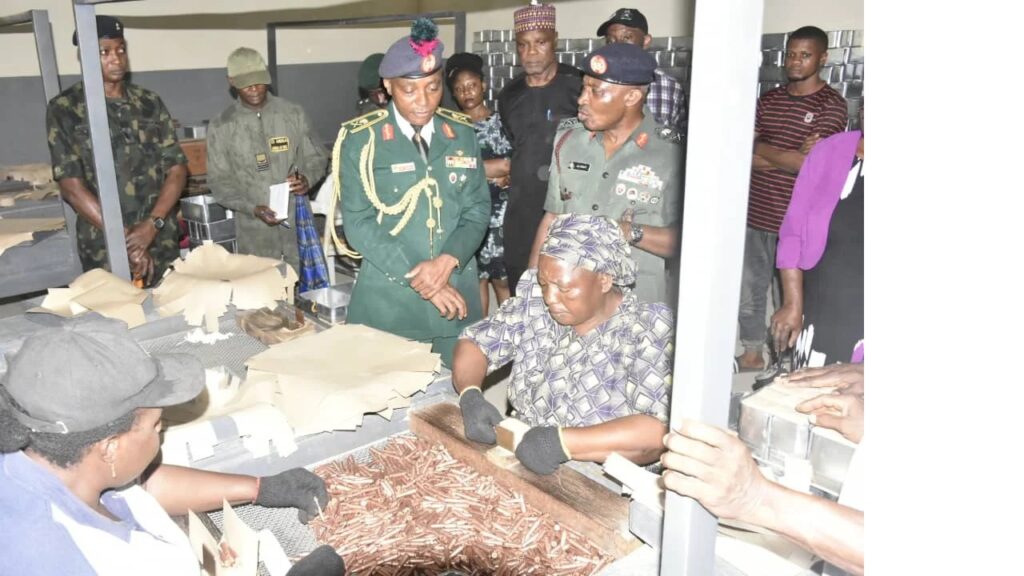
The House of Representatives on Wednesday questioned the Group Chief Executive Officer of the Nigerian National Petroleum Company Limited (NNPCL) Mele Kyari over the failure to remit an unpaid amount of $278,184,937.72 from the transaction involving OML 24 in 2019.
The House of Reps decided to take the step based on the records it got from the Nigerian Upstream Petroleum Regulatory Commission (NUPRC).
NUPRC had issued a report that the transfer of OML 24 led to an outstanding balance of $278,184,937.72 which is being owed the federal government by the NNPC/NEPL.
Kyari, while fielding questions from the House of Reps members presented a gloomy outlook on Nigeria’s oil and gas sector.
He said that NNPCL understands very clearly that the national revenue is premised on the oil and gas industry.
According to him, it is very crucial that this industry gets all the focus that it deserves and is necessary.
“We also understand that every other sector of the economy are clearly tied to the functionality and performance of the oil and gas, including other taxes that are collected by government like value added tax and so on,” said Kyari.
“Many of them are clearly related to the performance of our industry. It is very typical anywhere in the world, the first line of deduction from any revenue is your cost, otherwise there will not be another revenue for you to deduct from.
“And that means you have to continuously invest so that you’ll continue to make more money beyond the investment that you’re making. This is the only way that you can grow.”
Kyari also confirmed that Nigeria has a very very peculiar industry and it’s very clear that the country is one of the most expensive production environments anywhere in the world.
According to the NNPCL boss, this is also very true and there can be lamentations on why this is so, but Nigeria as a nation also faces the issue.
He added that first of all, today, there is nowhere in the world where people have inserted over 5,000 illegal collections into a country’s production line.
“Today, we have destroyed over 6,000 illegal refineries that are tapping crude oil from our production,” stated Kyari.
“This doesn’t happen anywhere in the world and nobody can factor it into the process. You create this situation of uncertainty, which by the way is not new.”














